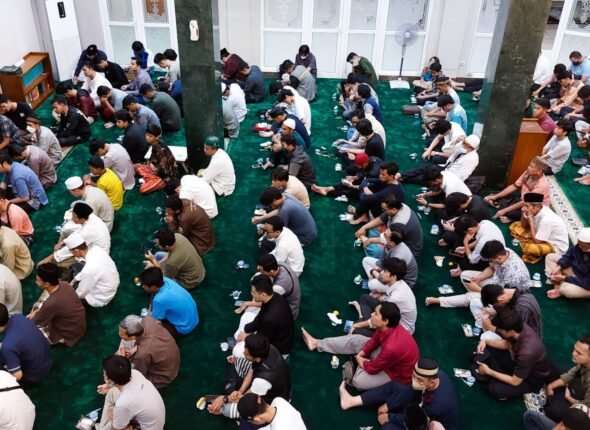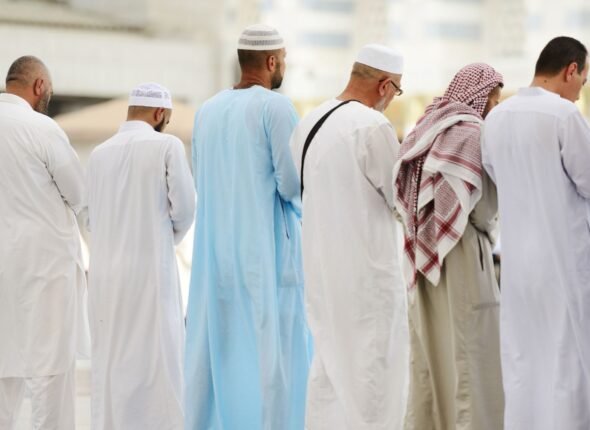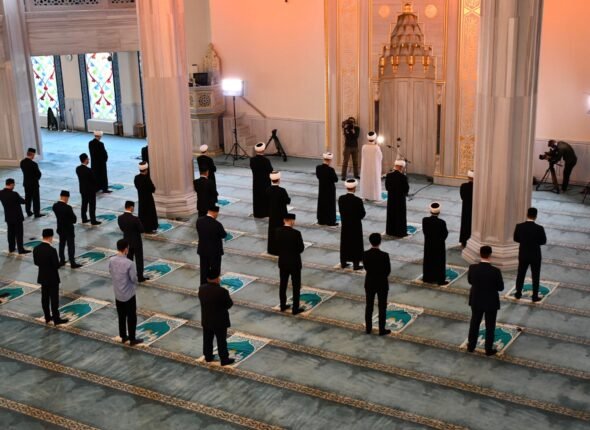Module M2 of the Mosque MBA programme builds on the foundational leadership teachings from Module 1 and focuses on the operational and technological dimensions of modern mosque management. This module explores how mosque leaders can effectively manage physical spaces, secure facilities, enhance communication, and integrate IT solutions to improve service delivery and administration.
In an era of digital transformation and heightened public scrutiny, this module equips learners with essential management tools to ensure mosques operate safely, transparently, and efficiently. Topics include risk-based security planning, maintenance protocols, IT-enabled congregation engagement, and strategic communication planning.
By the end of this module, participants will be able to apply best practices in facilities oversight, understand the role of physical security in safeguarding worshippers, and use digital tools to enhance communication and service access.
Unit Breakdown – Module 2: Mosque Leadership
Unit 5. Mosque Facilities Management
Unit 6. Mosque Security
Unit 7. Mosque Communications Strategy
Unit 8. Mosque AI and IT Integration
Curriculum
- 4 Sections
- 0 Lessons
- 4 Weeks
- Unit 5: Mosque Facilities ManagementThis unit covers the core principles of maintaining mosque buildings and spaces. It addresses operational planning, maintenance protocols, health and safety standards, and compliance with local authority regulations. Learners will be introduced to asset management, service contracts, and environmentally sustainable practices in mosque facilities.0
- Unit 6: Mosque SecurityThis lesson provides an in-depth overview of mosque security strategies, focusing on both physical and digital safety. Students will learn about conducting risk assessments, establishing emergency response plans, and working collaboratively with local authorities and the wider community. The session also covers the installation and management of surveillance systems (CCTV), controlled access, alarm systems, volunteer security teams, and data protection procedures. The importance of safeguarding congregants during prayer times and large-scale events is also emphasised.0
- Unit 7: Mosque Communications StrategyEffective communication is central to successful mosque leadership. This lesson equips learners with the skills to craft internal communication policies and external public engagement strategies. Areas of focus include delivering khutbahs and announcements, managing social media platforms, handling press releases, and responding to crises or misinformation. Learners will also gain insight into congregation feedback systems, content scheduling tools, and how to use language and tone appropriate to diverse audiences within the Muslim community.0
- Unit 8: Mosque AI and IT IntegrationIn this forward-looking session, students will explore the role of technology and artificial intelligence in mosque operations. Topics include mosque management software (for donations, scheduling, and volunteer tracking), CRM systems for community engagement, and online booking or registration tools for events. The lesson also examines how AI can be responsibly used to personalise outreach, analyse trends, automate tasks, and expand educational delivery through chatbots or voice assistants. Emphasis is placed on digital ethics and data protection.0









